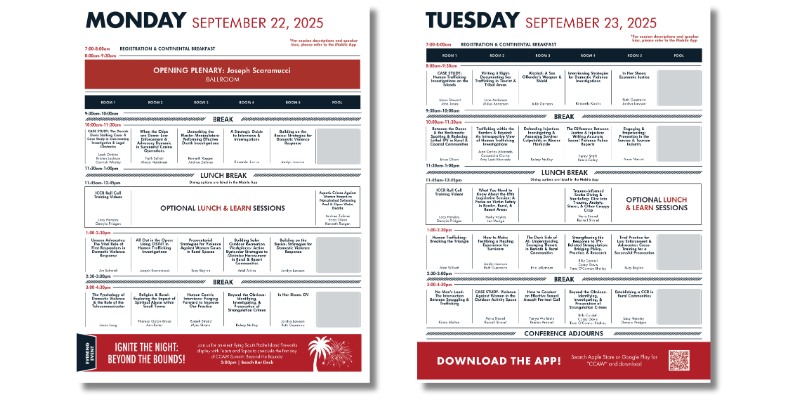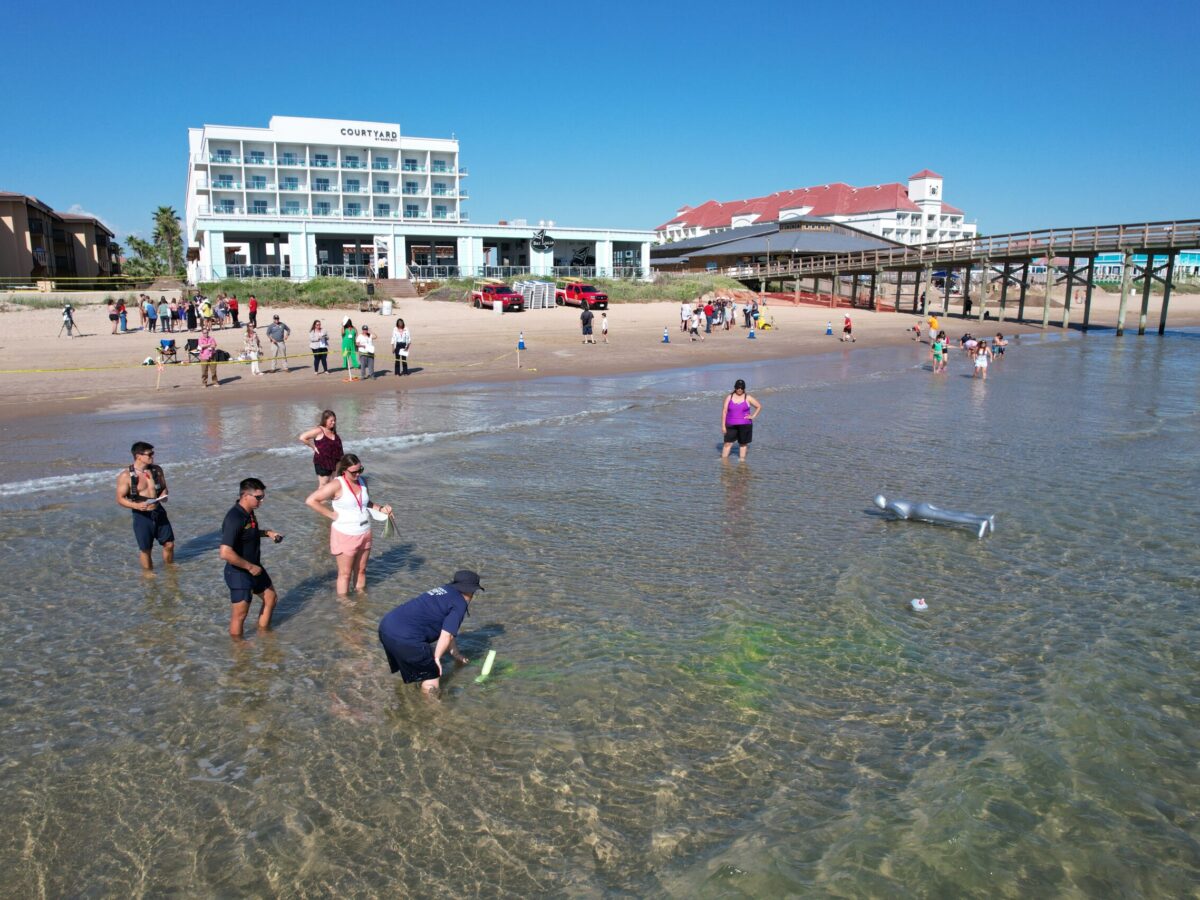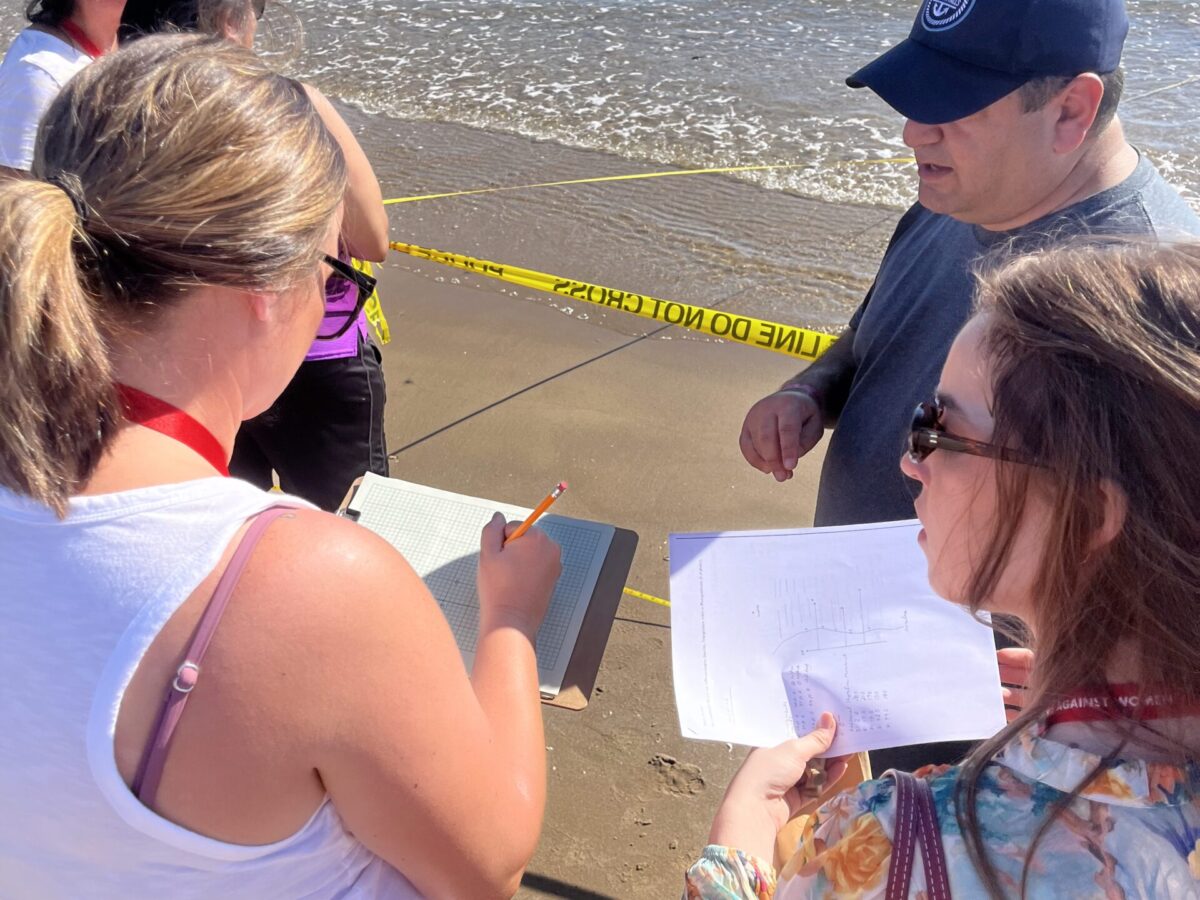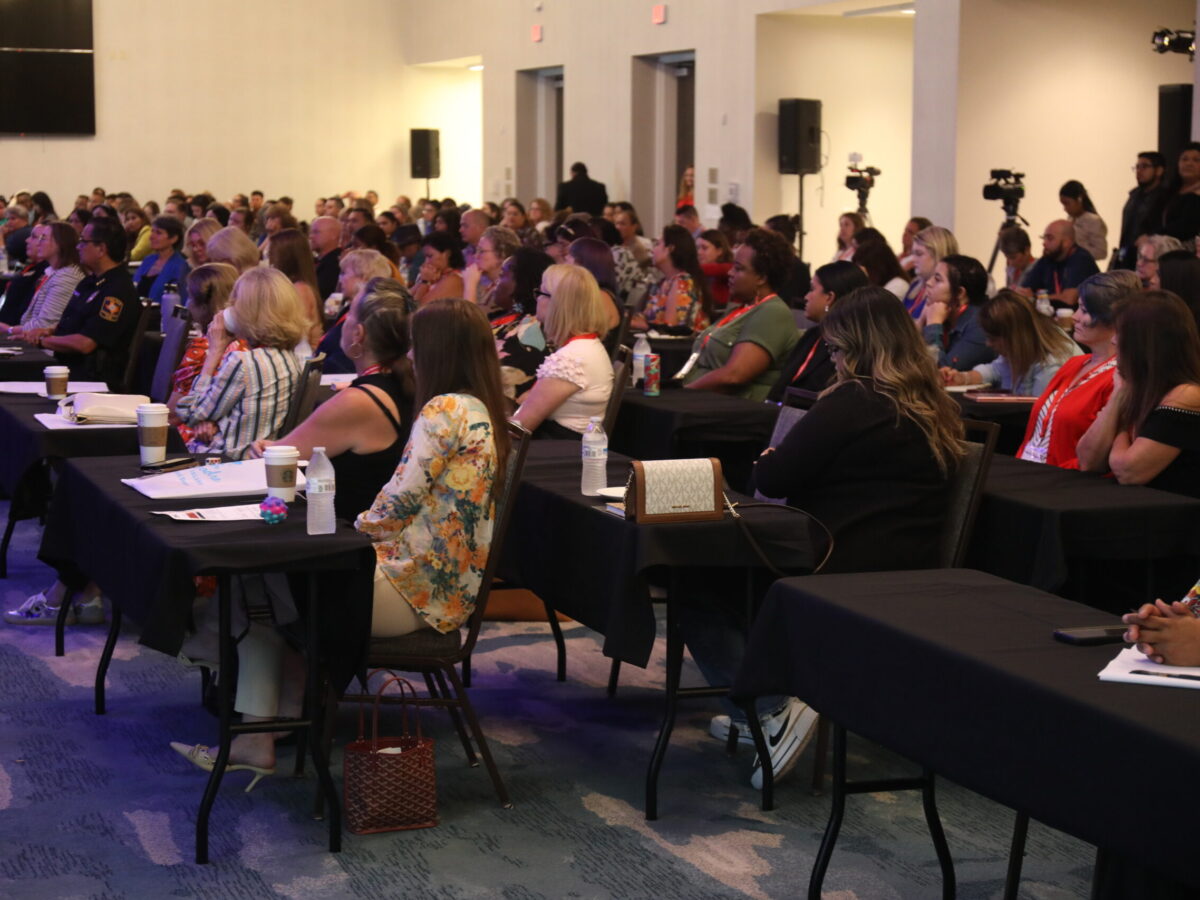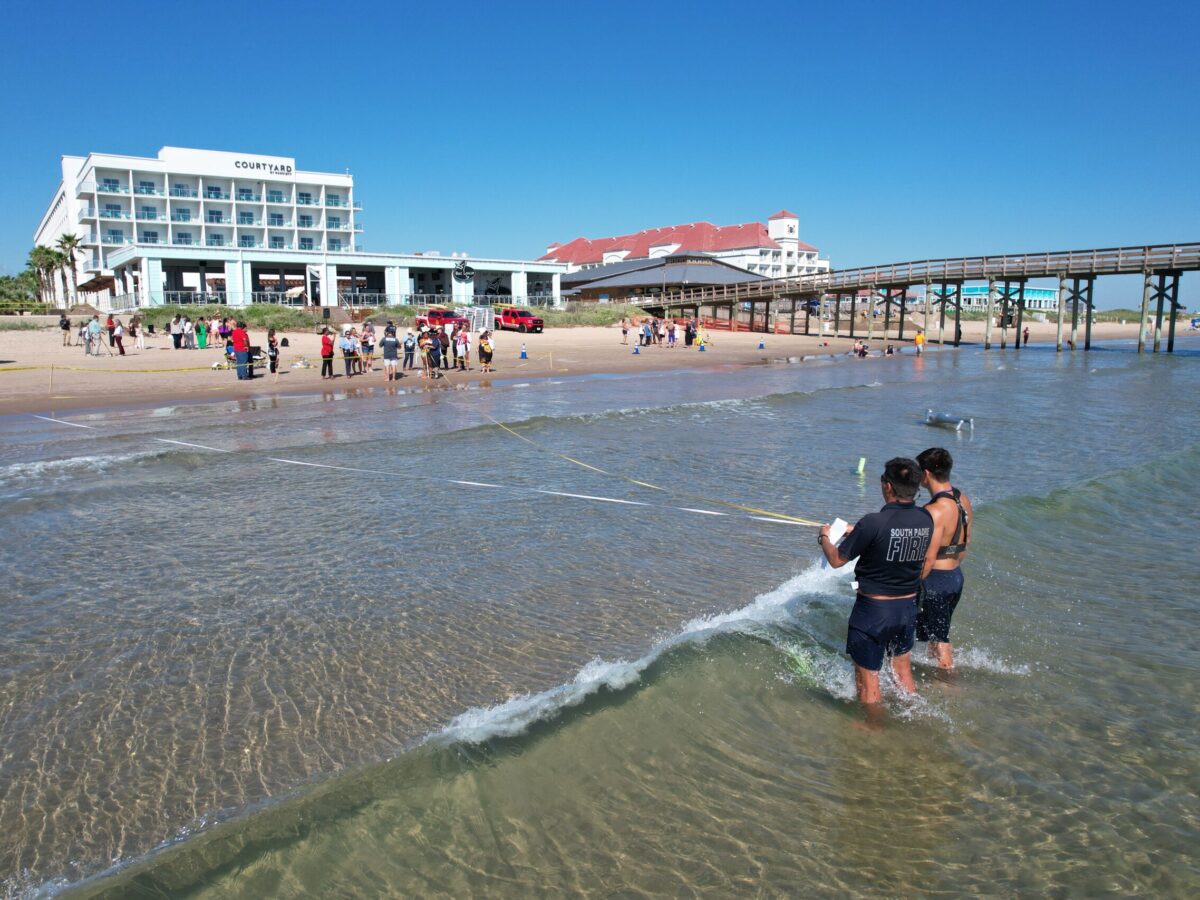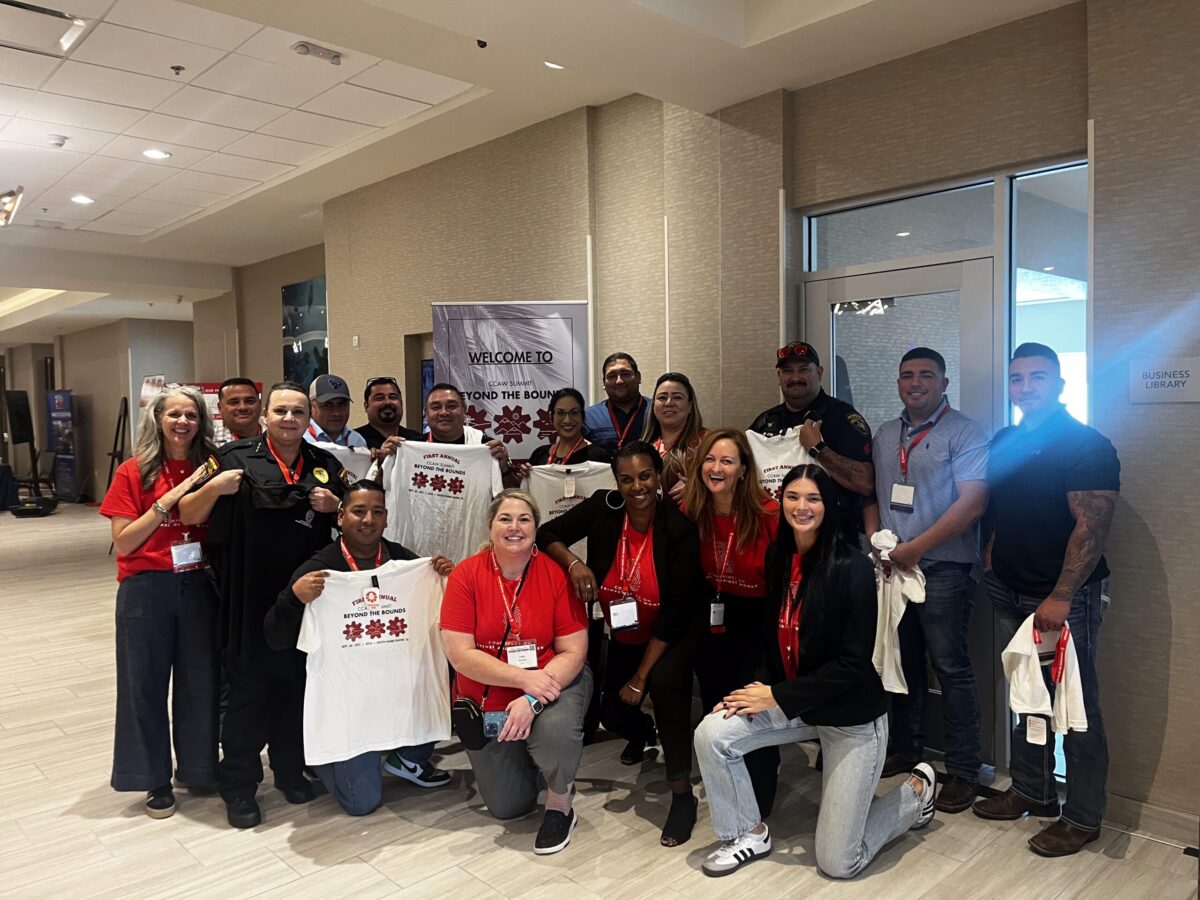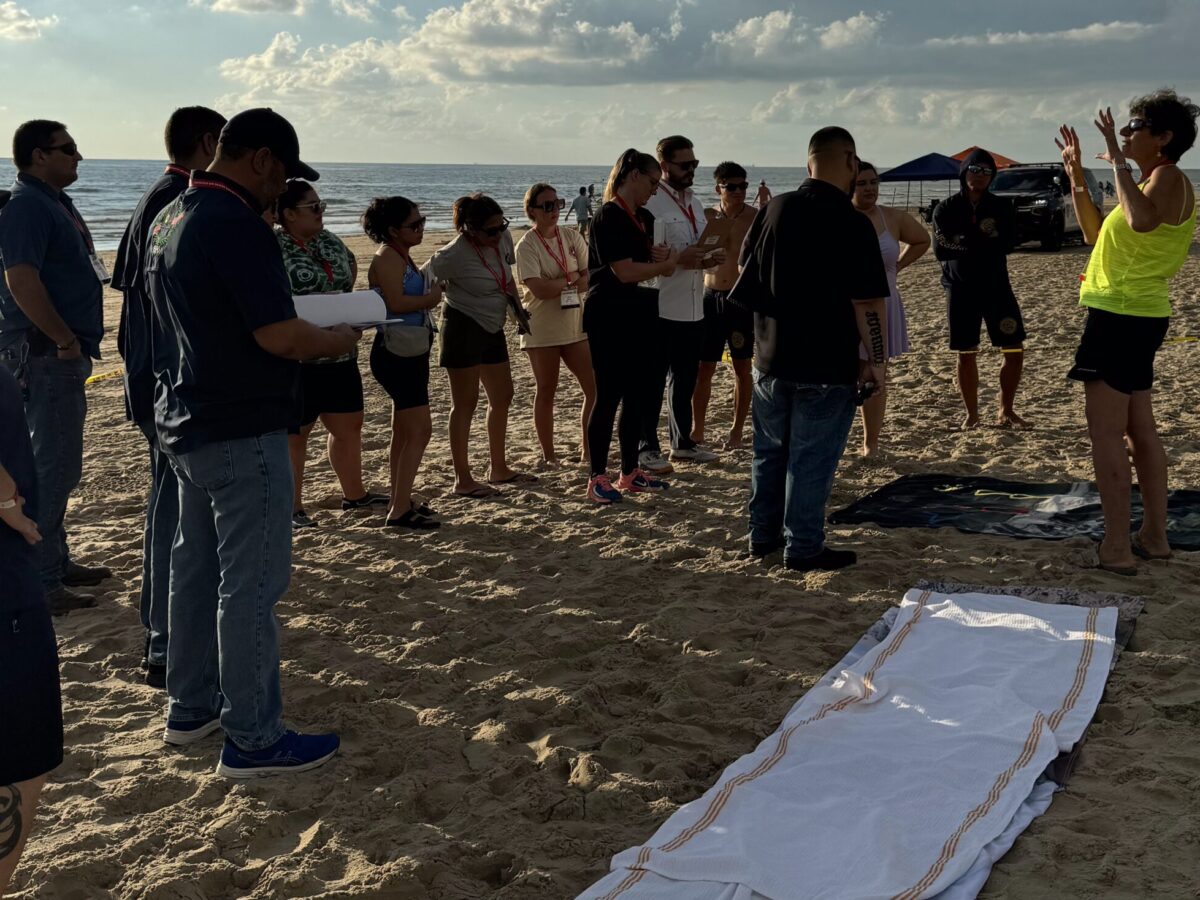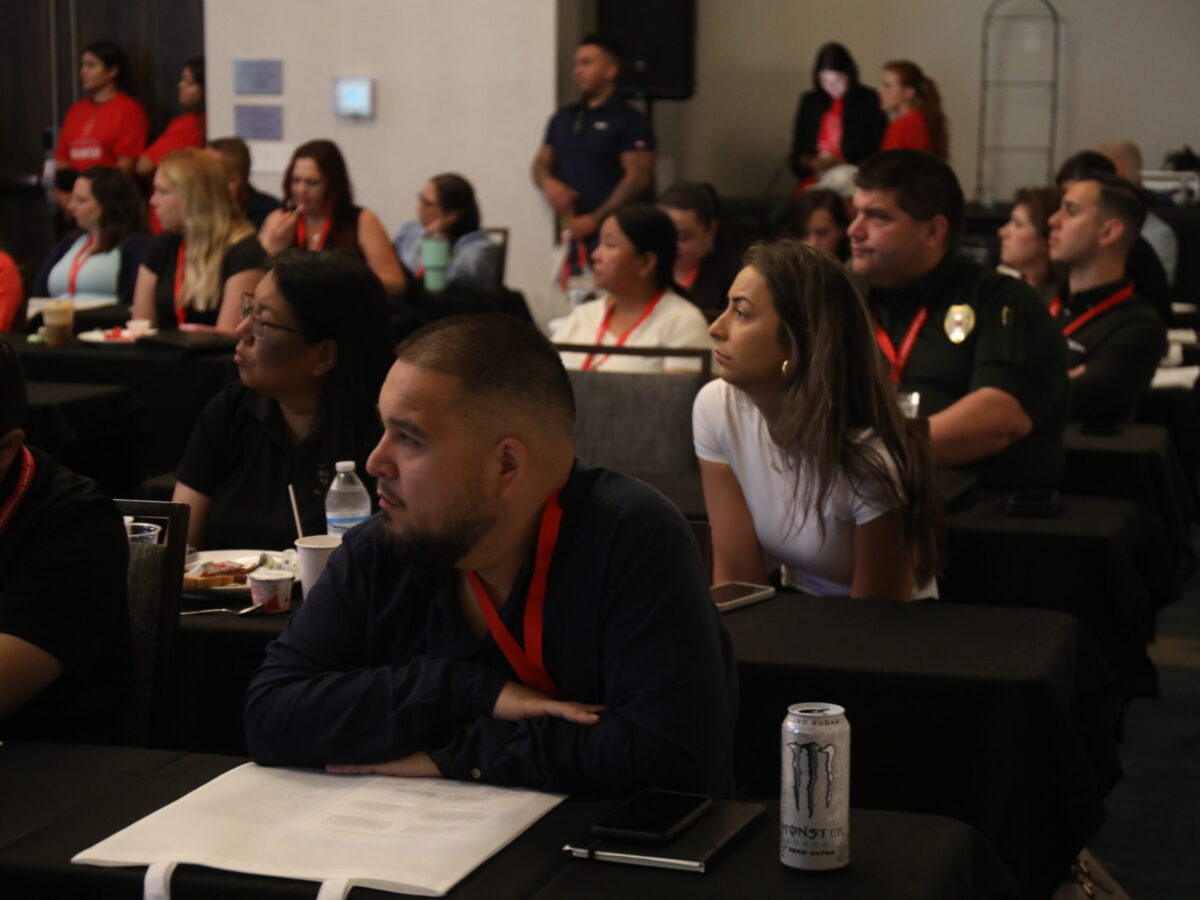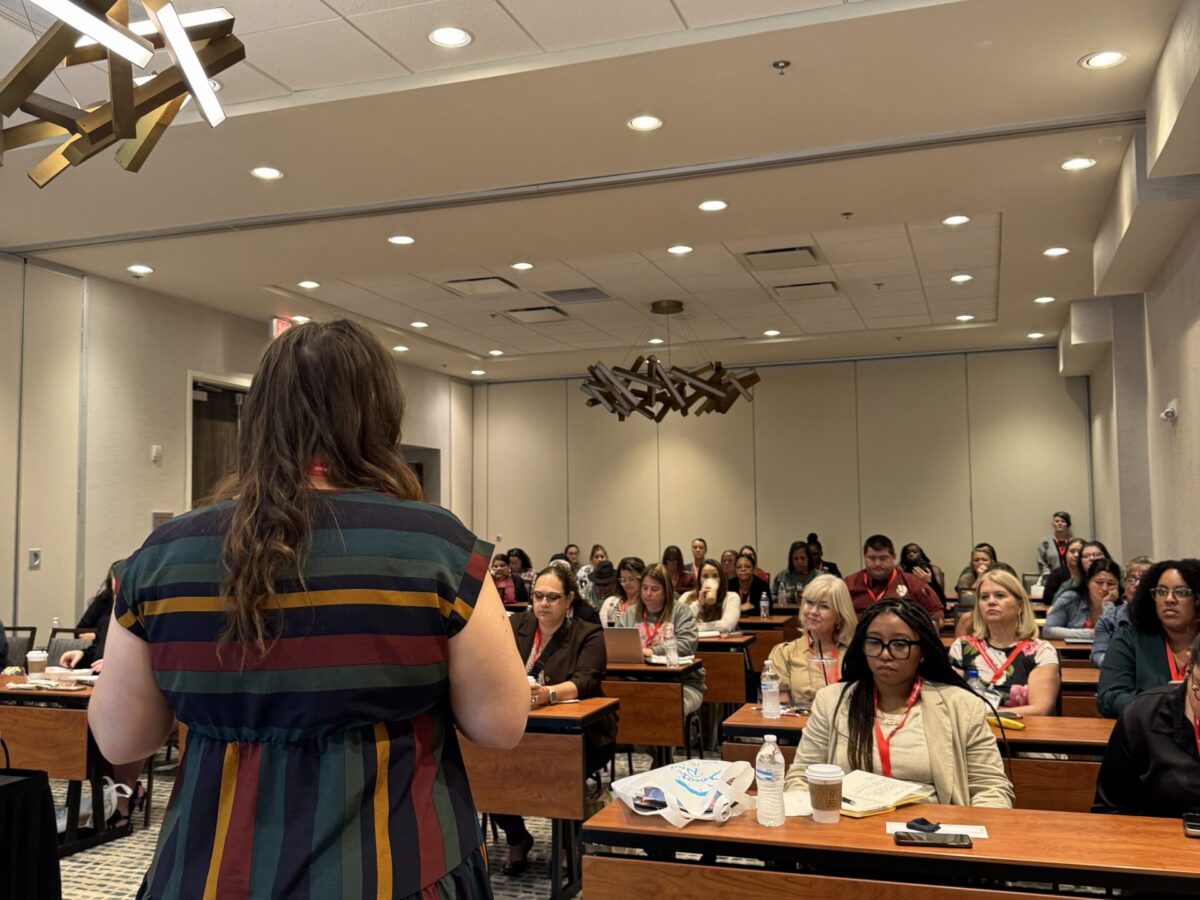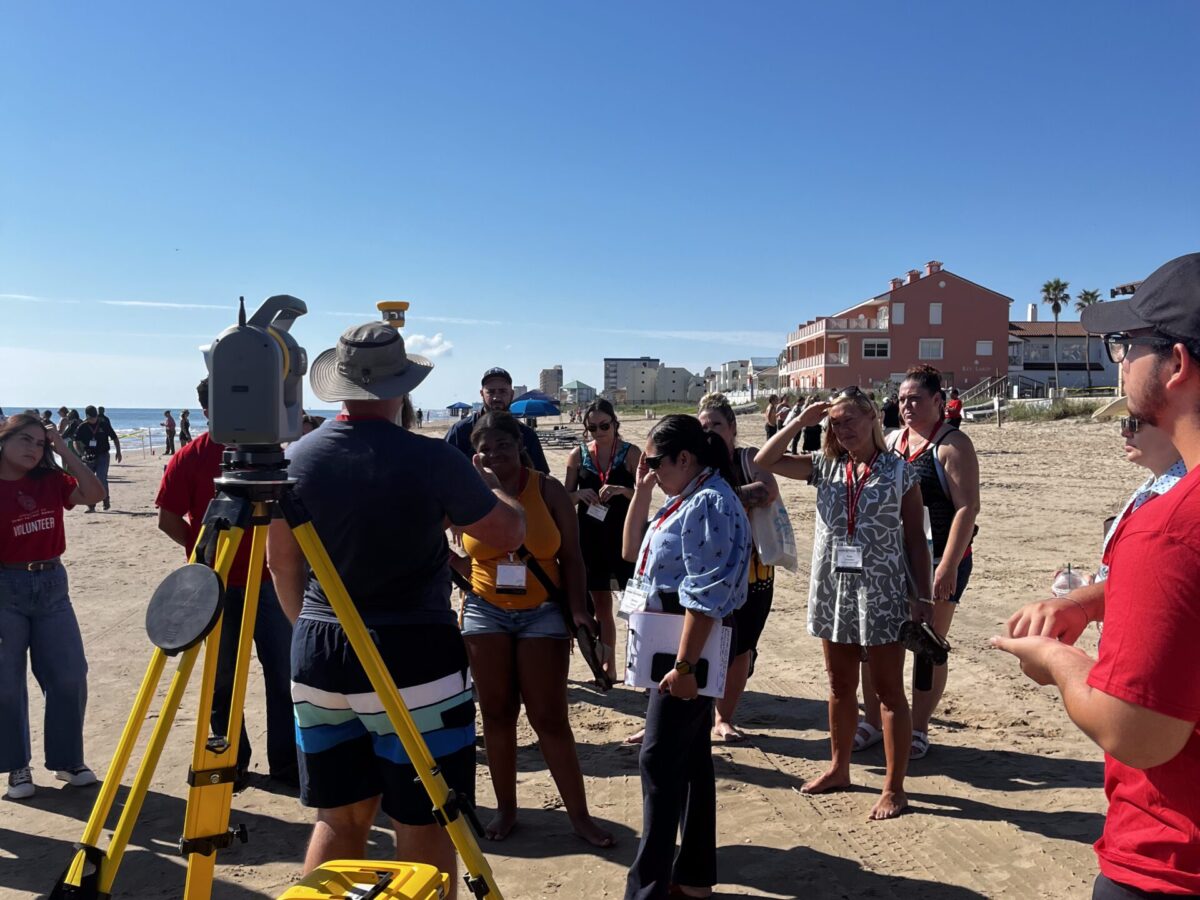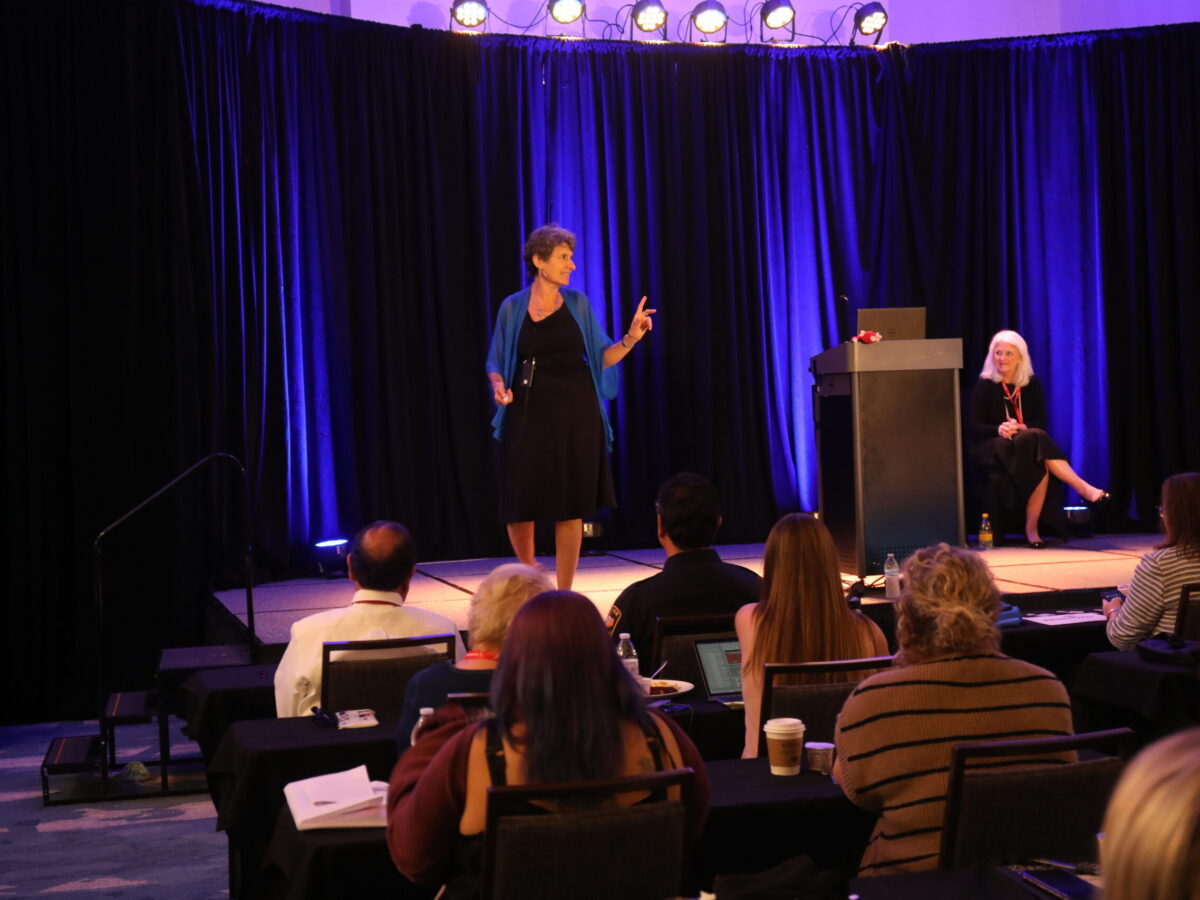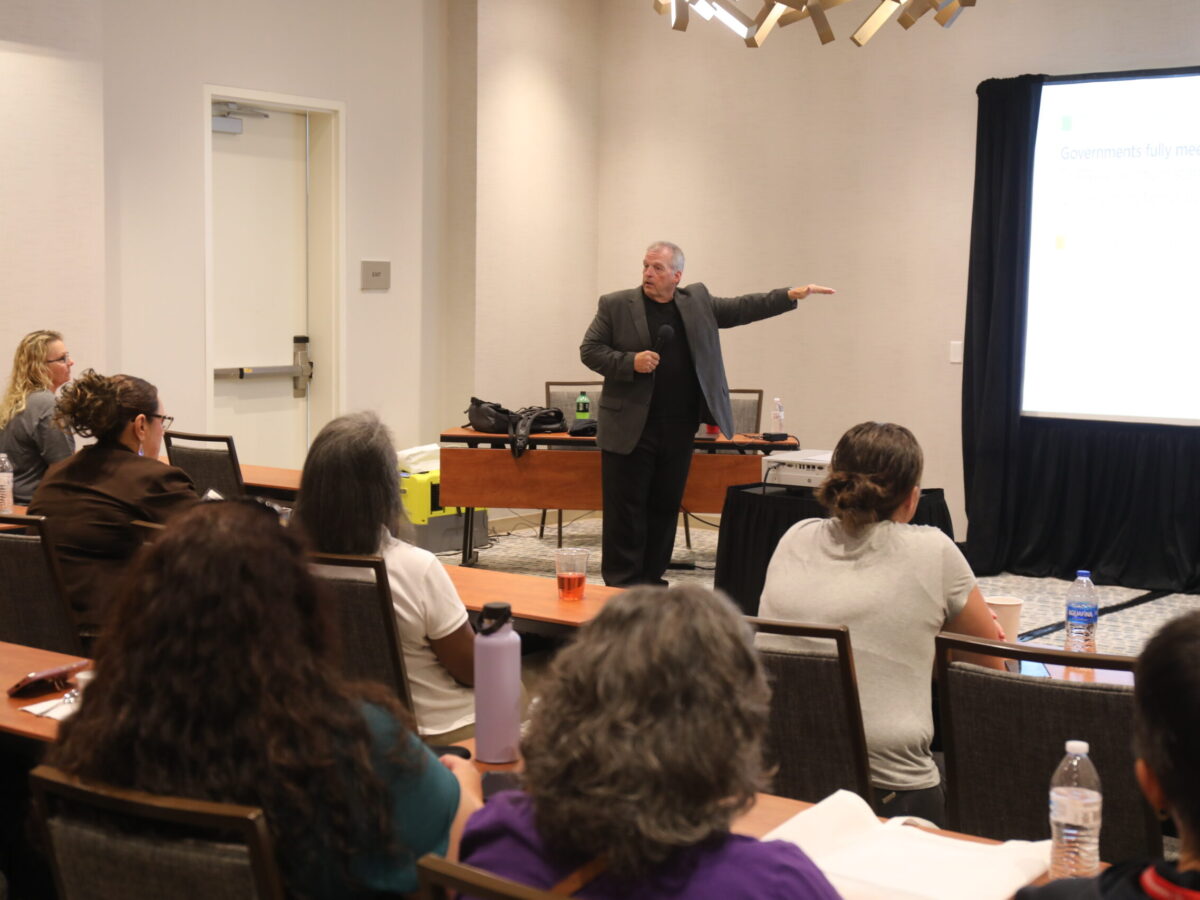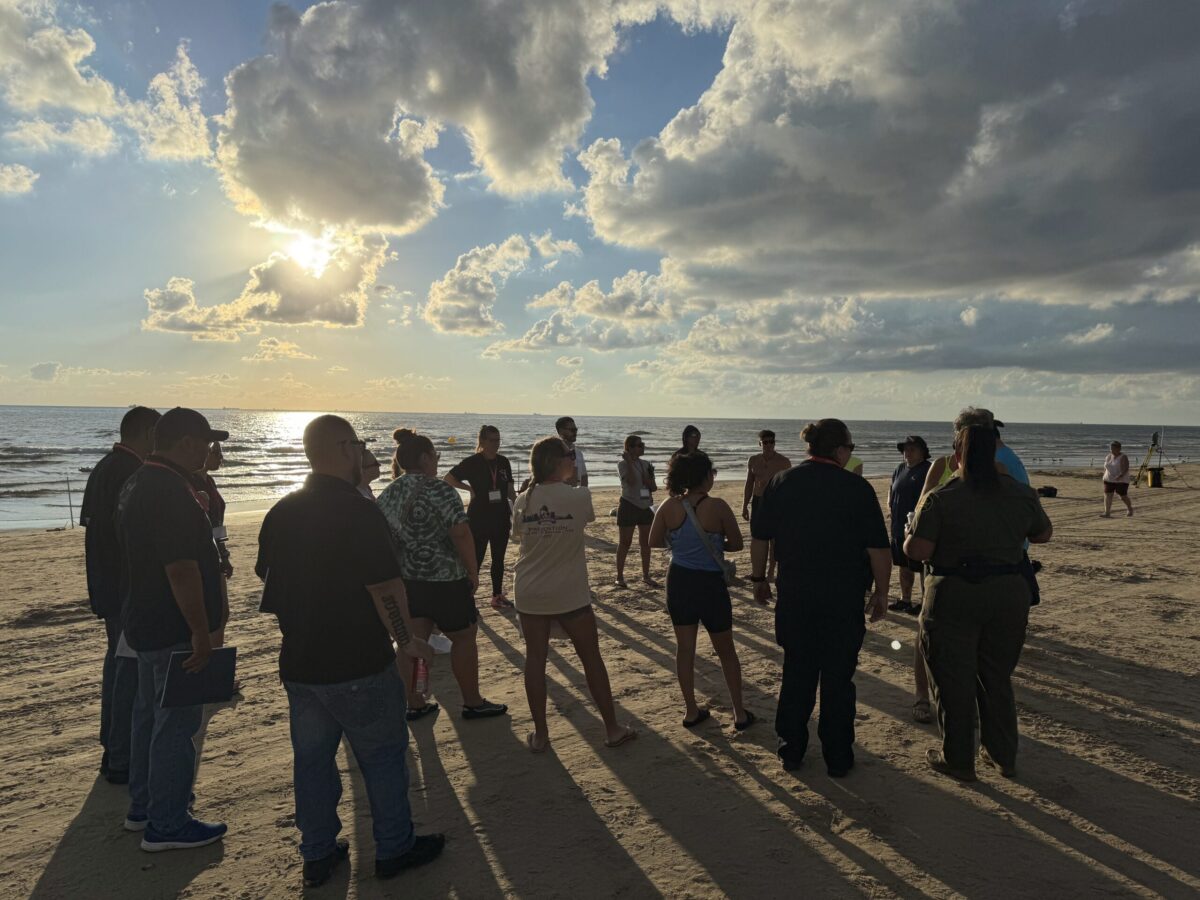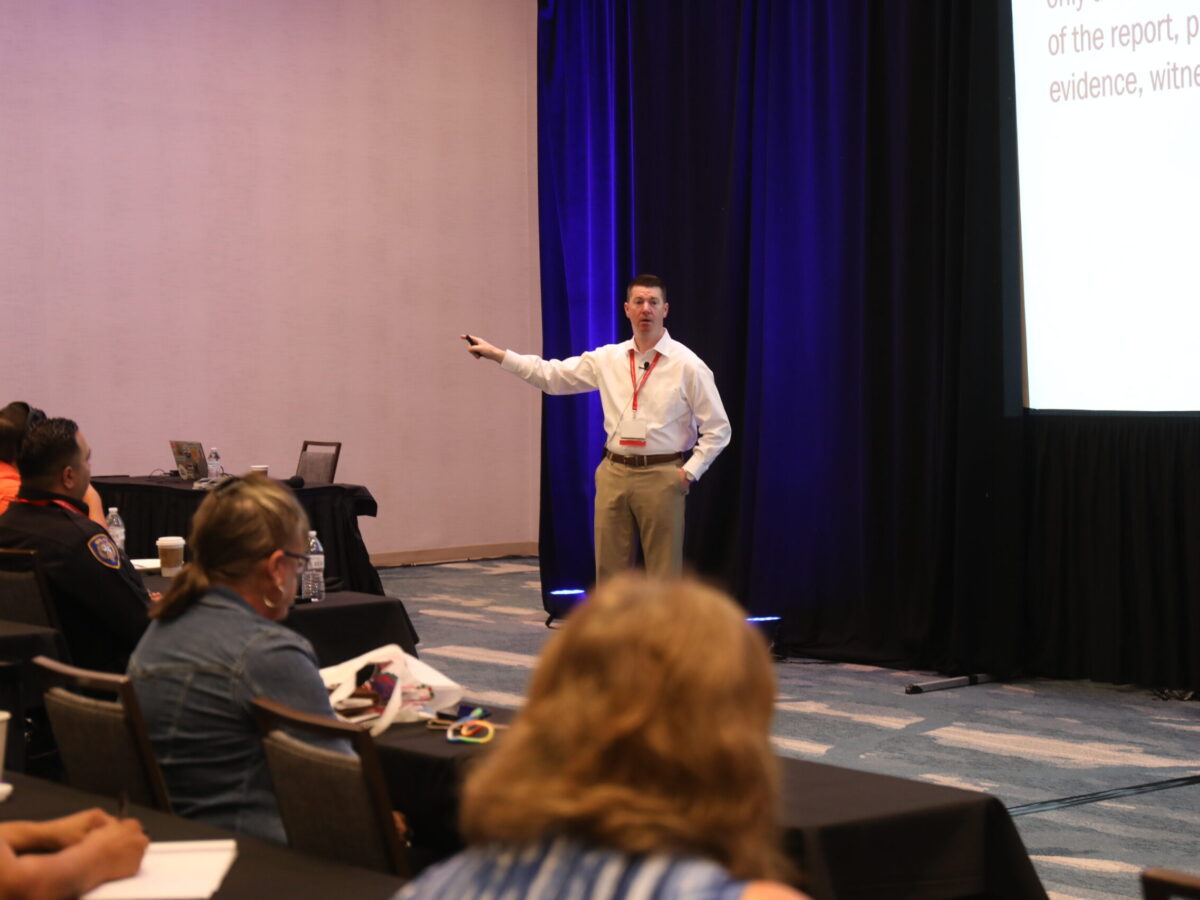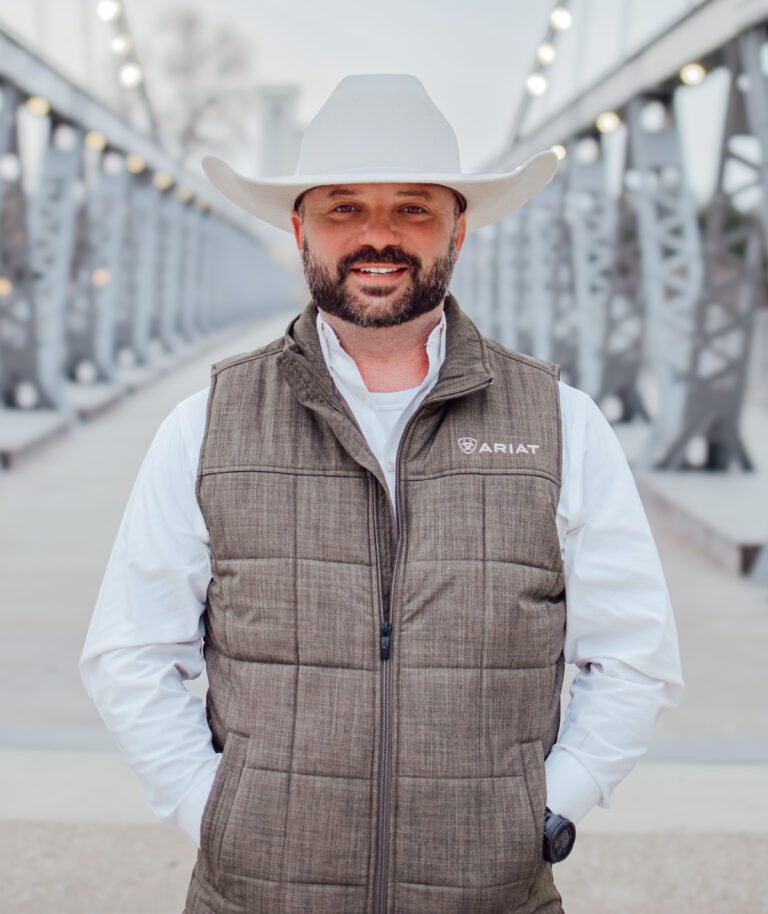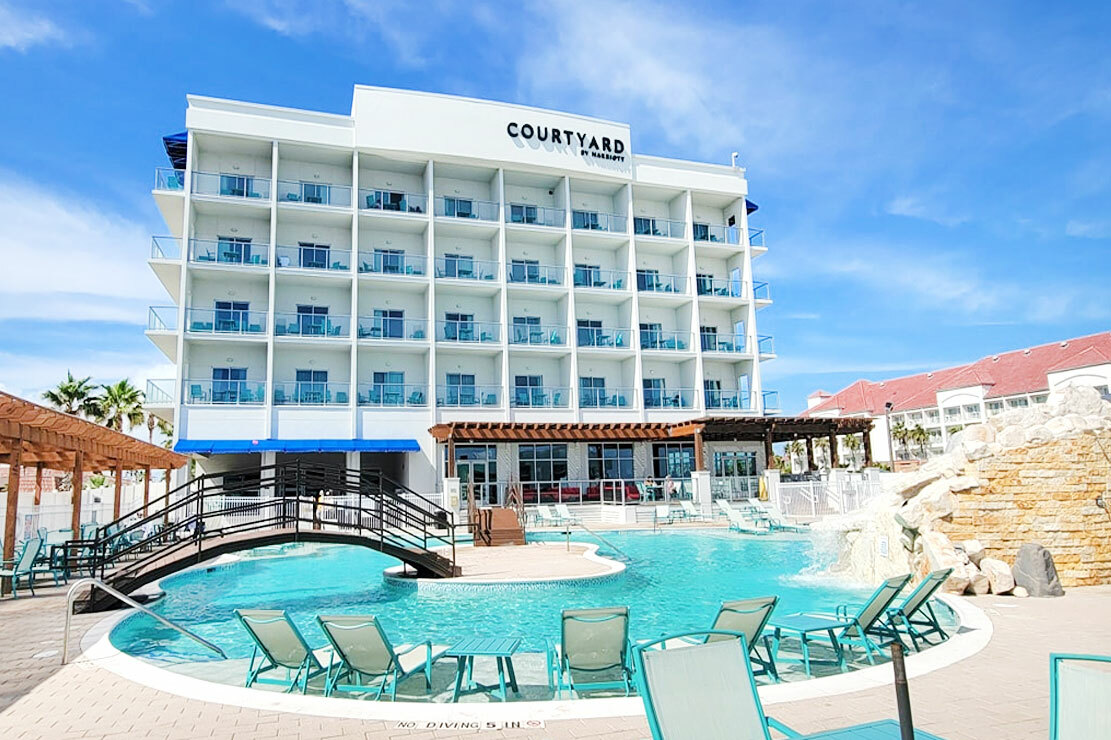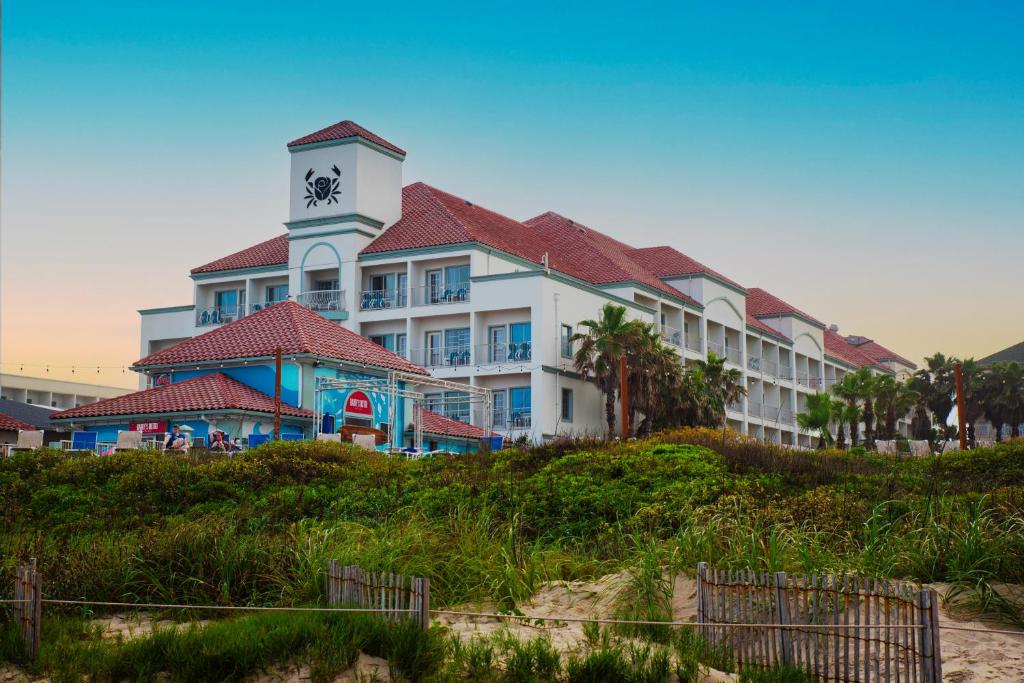In 2013, a series of sexual assaults within the Grand Canyon region shook the outdoor community and brought urgent attention to the pervasive issue of violence against women in adventure and outdoor recreation settings. For me, this incident marked the beginning of a personal and professional journey to address safety, equity, and accountability within the outdoor industry. This case study explores the complex challenges surrounding violence against women in outdoor activities—from wilderness expeditions to adventure tourism—using the Grand Canyon case as a pivotal starting point. The presenters will examine how conversations about safety, power dynamics, gender equity, and intersectionality have evolved over time within the outdoor community. Additionally, the course will address issues of access and inclusion, highlighting how race, socioeconomic status, ability, and other identities intersect with gender to influence experiences and vulnerabilities in outdoor spaces. Through a detailed case study approach, students will analyze the social, cultural, and systemic factors contributing to these issues, as well as the industry’s responses and ongoing efforts toward change. Attendees will be taught about the complications involved in fostering a safe, equitable, and inclusive outdoor environment. This case study workshop aims to inspire innovative, non-systemic approaches to addressing crimes against women and encourages outdoor leaders to prioritize safety, foster respectful and inclusive communities, and advocate for meaningful, intersectional change within the industry.


